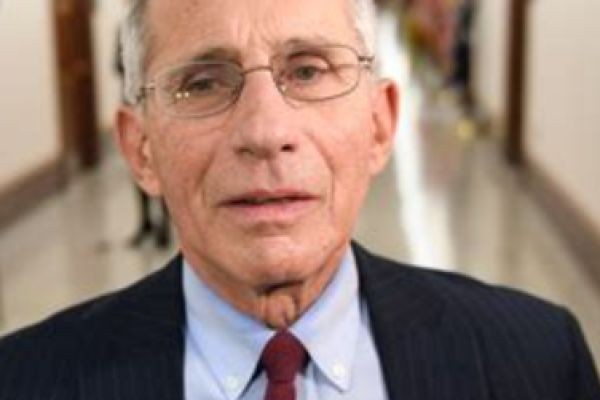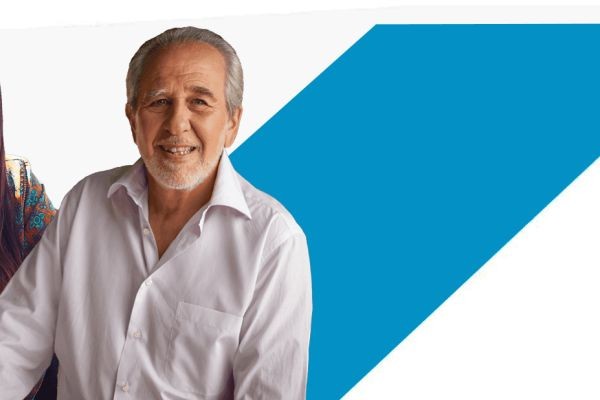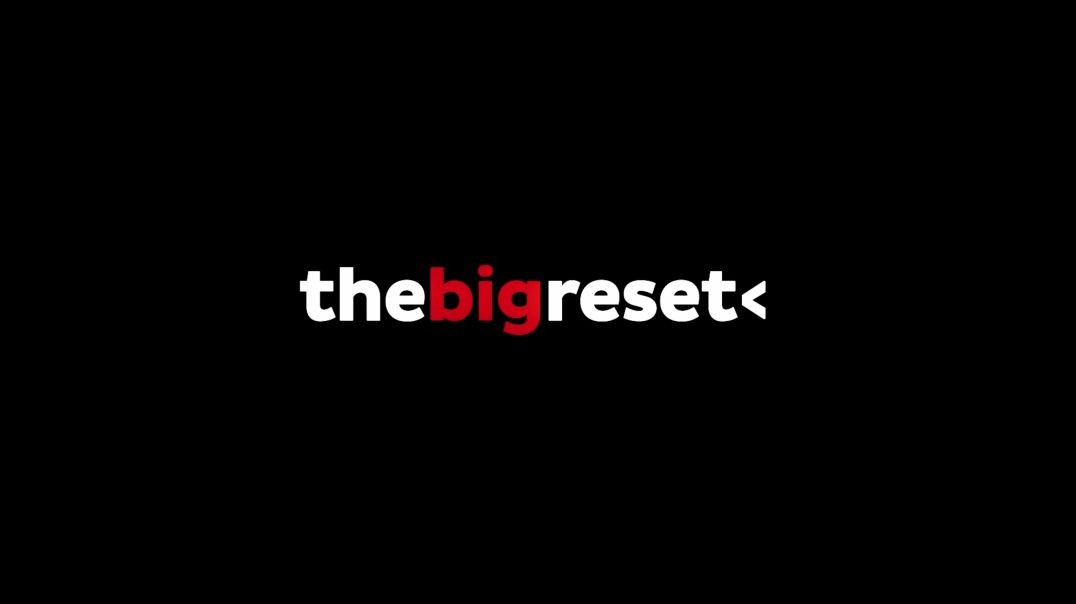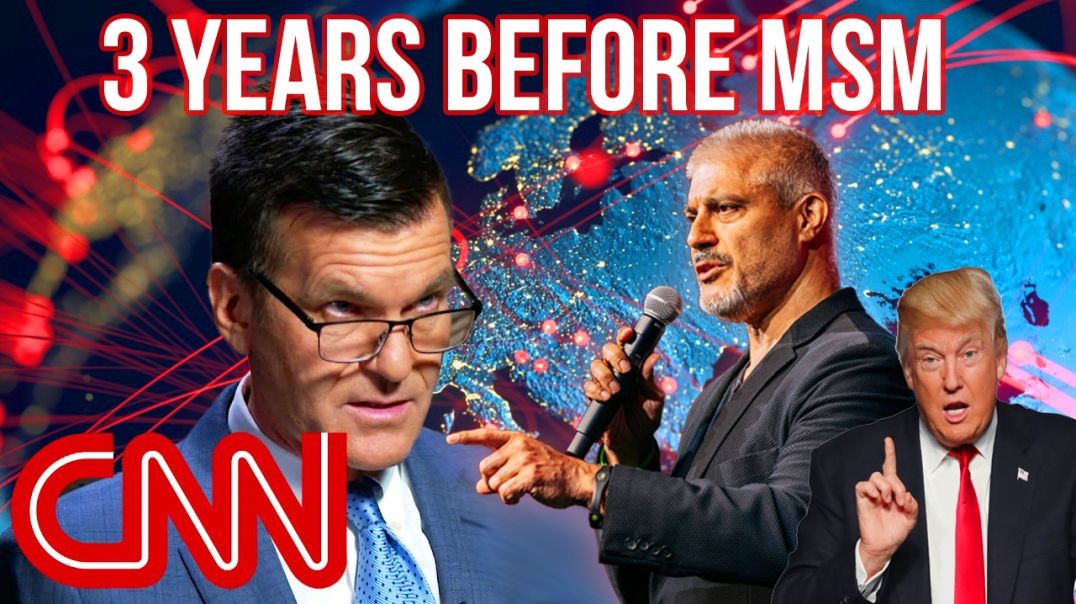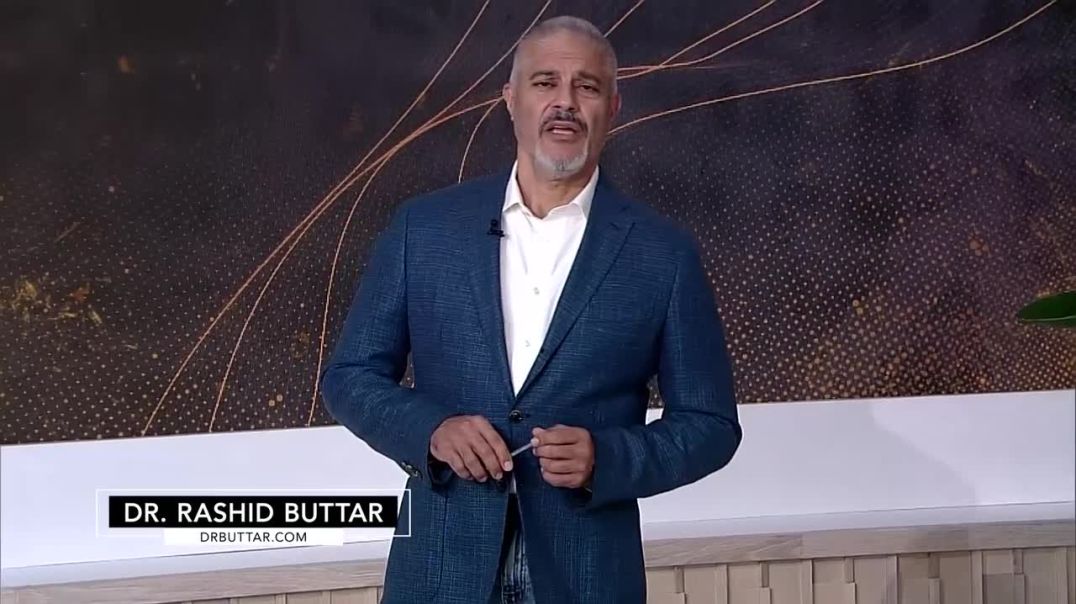How socialism ruins everything - The Government makes the playing field uneven by - L. Norman.
"Anti Capitalist politicians claim intervention can "level the playing field," but when we look closely, we realize that the Government creates imbalances by favoring some groups." (1)
Summarize this article!
Anti Capitalist politicians have long argued that government intervention is necessary to "level the playing field," giving everyone an equal opportunity for success. However, when we investigate further, it seems as if government intervention and bureaucracy cause social imbalances in the first place. From tax benefits to regulations that favor certain companies or industries and laws that hurt other industries or disadvantage particular types of businesses, government involvement fundamentally creates the inequality that socialist politicians want to fix. This disproves their claim that intervention will help level the playing field and shows that anticapitalist solutions may, ironically, lead to even more economic discrimination down the line.
This is the main article!
Politicians like Bernie Sanders have been enticing young voters with the attractive promises of socialism. While this promise of eliminating the injustices of capitalism may seem appealing, it fails to address much more significant issues. Not only would socialism strip people of their freedoms and deny them economic opportunities, but it could potentially lead to an oppressive form of Government. Capitalism has proven itself continually movable and adjustable, thus allowing for better regulation through changing circumstances. Although capitalism is far from perfect, it is still a more reliable system to ensure individuals can make their own choices and those choices genuinely matter.
There are some serious misconceptions about what socialism and capitalism mean, especially regarding this widespread belief that socialism improves equality for everyone. This oversimplification of two complex economic models paints an incomplete portrait of what socialism or capitalism aims to achieve regarding monetary policy and how they differ. It is far more accurate to describe socialism as a system that relies heavily on government control, from day-to-day decisions regarding production and distribution processes to large-scale infrastructure investments. The focus on governmental authority naturally leads to higher tax rates and fewer incentives for individuals to take risks in business, often reducing overall opportunities for wealth creation. Capitalism, by contrast, gives people the freedom to pursue their dreams while creating incentives for entrepreneurs who strive towards risk-taking with the hopes of generating rewards. Capitalism is not just a so-called "ruthless exploiter" system. Instead, it can be a form of civic engagement that allows people to create unique outcomes for society through hard work and collective effort.
In recent times, capitalism has come under fire for accusations of harming Mother Earth and the air Al Gore breaths. Of course, no one denies that there are issues with the world in which we live. However, to reject capitalism as an economic system loses sight of the successes it has brought about. Capitalism has driven technological innovation, increased global prosperity, and provided a standard of living centered around taxation-based budgets that allow us to improve our lives from generation to generation. Ultimately, when appropriately harnessed, capitalism can positively change societies worldwide. (2)
This message must be heard clearly: socialism has no place in America. But, it represents a hand of Government so intrusive that individual freedoms and opportunities for advancement are crippled. Unfortunately, today's socialists are trying to rebrand the idea by claiming it's the only way to make America "great"—but that's an outrageous stretch with dangerous consequences. We should strive for fairness, but socialism isn't the answer. Instead, we need to recognize and pursue the noble ideals of freedom and opportunity that have enabled Americans to achieve greatness throughout history; only then can everyone potentially benefit from these achievement-oriented ideas rather than having their potential stunted by misguided governmental control.
It is outrageous that the wealthiest individuals and most giant corporations pay no income tax. Such blatant disregard for the law sends a dangerous message to the rest of society. It propagates the misguided notion that certain community members are above abiding by rules or regulations. We must have a level playing field in taxation so that justice and equality may reign throughout our country. It would be an affront to both common sense and morality if those in the highest economic brackets could escape being taxed simply due to their wealth. The public must be assured that all people within a nation will be subject to the same laws, regardless of their financial status. Only then will we achieve true fairness in taxation.
- According to their annual financial reports, tax-avoiding companies represent various industries and collectively enjoyed almost $40.5 billion in U.S. pretax income in 2020. The statutory federal tax rate for corporate profits is 21 percent. The 55 corporations would have paid a collective total of $8.5 billion for the year had they paid that rate on their 2020 income. Instead, they received $3.5 billion in tax rebates. (3)
Undeniably, the current income tax system needs to be more equitable. If a civilized and thriving society is possible, drastic action must be taken to level the playing field. However, some people believe that the answer lies in socialism. Unfortunately, this ideology has been proven to fail time and time again. Societies under socialist rule have ultimately proven unable to provide their citizens with necessities or establish much-needed structures, let alone achieve any future success. Bearing this in mind, it seems clear that pursuing an idealistic socialist utopia is not only misguided but also wildly impractical and doomed to fail. A better solution must be explored if we wish to build a brighter tomorrow for ourselves and our descendants. (4)
Despite claims that the ultra-wealthy wish to impose their power over the poor, many of the world's wealthiest individuals favor greater taxation. According to Forbes, at least twelve billionaires have gone on record claiming they should be paying higher taxes than is currently required. Billionaires like Warren Buffet and others feel their vast wealth puts them in a position where they can do more for society, even if that means cutting their salaries. However, when it comes to government revenues, there is no such thing as too much. Rather than viewing the wealthy's generous donations as an effort to eliminate societal disparities, socialism will continue to strip them away from any resources they may have left. It makes no sense to feed a never-ending appetite with monumental tax hikes without offering tangible benefits.
One can only guess how differently the world would look today if people had the right to retain what they earned and the choice to do so. Sadly, thanks to the passage of the Sixteenth Amendment, governments have steadily increased their legal income thefts from citizens over time. This is unfortunate for everyone involved and has undoubtedly affected our society negatively. Most people are conscious of the fact that thieving governments have a way of increasing expenses and wasting funds on unnecessary items and programs without providing an adequate financial return, but rather than being able to use their money for beneficial things, one has no choice but to turn it over or else face legal ramifications. One wishes that we could return to a time when benefactors such as famous billionaires used their resources to give back in philanthropic ways instead of being forced to pay up through political taxation.
The world is far from perfect, but if we put a bit of effort into creating an equitable taxation system that works for everyone, the future will be brighter. No one enjoys being taken advantage of by large entities and governments, yet it is happening more now than ever before. If we wish to create a society where all people can lead productive lives regardless of their financial standing, we must ensure that taxes are fair and reasonable for all citizens. Only then will true equality prevail, and our world reaches its potential.
In conclusion, while some may argue in favor of socialism as a means of leveling the playing field in taxation, this solution is impractical and doomed to fail. We should instead strive to create an equitable taxation system that works for all members of society, regardless of their financial standing. Doing so will allow us to take advantage of the wealth of resources and opportunities available to build a brighter future for everyone. Only then can we truly begin to realize the potential of our society and create a thriving world where all people can lead productive and prosperous lives.
In today's complex global environment, governments must work with citizens to establish a fair tax code that allows every individual to contribute their fair share without feeling oppressed or taken advantage of by large entities. Only then can we hope to create a civilization where everyone has equal access to the same economic and growth opportunities, no matter their financial standing. By understanding the importance of equitable taxation, we can create a more just and prosperous world.
The Socialist Threat To America: Here's The Solution
When it comes to solving the complex problems of our world, we often look for a one-size-fits-all solution. While socialist ideas have been presented as a means to "fix" society, they do not consider the importance of personal responsibility and local autonomy. What works in one region or culture may not be successful when implemented in another. Instead of attempting to impose one system on everyone, it is essential to recognize the strengths and craft solutions that can be tailored to fit different needs. Real change involves working with those affected by an issue, being creative in finding potential solutions, and supporting existing initiatives already making progress at the grassroots level. (5)
Thievery has been seen throughout history, characterized by taking what does not belong to the thief for malicious purposes or personal gain. It is a thoughtless crime with significant consequences, yet some could argue that it is necessary for civilization. On closer inspection, however, these arguments must be revised and potentially dangerous. Making theft legal does not negate its criminal properties – it merely disguises them under the guise of psychological justification. Do we need to steal more from those who have it to make sense of the whole thing? Not! Theft should never be sanctioned, no matter the situation – it should always remain unethical in any part of society.
The idea that an individual can and should be able to dupe a thief for their ill-gotten gains goes against the grain regarding the general view on theft. In many people, stealing is an inherently wrong act, and relying on a thief's naivety or greed to trick them out of what does not belong to you also feels morally questionable. However, when faced with a potential loss due to said theft, some people may find themselves weighing which option is worse - stealing from another person or being stolen from another. This has been made even more complicated in our current society, where socialism is being championed over individualism. Society's recent propensity toward collectivism leaves the individual powerless and at risk in such scenarios, emphasizing the importance of protecting oneself first and foremost.
It's no surprise that financial powerhouses like Donald Trump have used their political and bureaucratic prowess to craft their tax loophole. Shockingly, they can bend laws designed to protect the less fortunate - rules that should be equally applied to all citizens. After all, even the most affluent deserve a fair share of taxation. The reality, however, is that far too often, those at the highest levels of society need to be made aware of what would help contribute significantly to maintaining a healthy economy. It's equivalent to socialism, wherein powerful billionaires are put on a pedestal while everyone else foots the bill.
The current situation in the United States is the perfect example of why socialism will never work here - because its primary force, our Government, would bend to the will of any billionaire who had enough money to offer them. That's why it's so frustrating and infuriating when we see our politicians selling themselves out to well-heeled interests: they don't even need a gun. They sell out what is supposed to be an impartial governing body for some personal gain. The Government needs to do its job if it can be swayed easily. The only thing that saves us from this fate is using our right to vote - if we ensure those elected persons are above reproach and cannot be swayed by these outside influences, then this problem won't rear its ugly head again.
In conclusion, it's essential to realize that while many view stealing as a necessary evil, it is not only wrong but dangerous and detrimental to the future of our nation. Influential people manipulating laws and regulations for their gain should never be tolerated. We must all strive to uphold justice and fairness in any situation - no one deserves special treatment just because they have more money than the rest of us. Only then can we ensure that theft stays a punishable offense and will ultimately help build an equitable society where everyone is held accountable for their actions.
Socialism Requires Corruption To Survive - Here's Why
Corruption has become a nauseatingly accepted part of society, with some countries so deep in sin that it's raised to the level of a virtue. Governments use their influence to gain financial bribes while citizens gloss over violations in pursuit of personal gain. Greed is the impetus, and no one seems to heed its destructive consequence. Even if those in power are "honest," their methods are still corrupt, resulting in circumstances that could have been prevented or avoided. Sadly, such actions as this further impoverished many nations, only bogging down such regions with persistent strife without any plausible solutions on the horizon.
Governments have been utilizing various means to swindle their citizens for centuries, beginning with the debasing of precious metal coins. Due to their trust in the government currency system, Tyrants recognized that peasants could not detect when a fraudulent ruler was degrading coins. The peasants could not distinguish between legitimate and counterfeit cash, so they often got duped during bartering. However, their intelligence eventually enabled them to catch on and hoard gold coins while using the false ones in trade. Regrettably, the tyrants caught on too late; they forced their citizens to pay taxes mainly with the good coins they had managed to save up. This unfortunate history illustrates precisely why an overly powerful government should not be relied upon or trusted to protect its people from economic manipulation and exploitation.
Much later, when banks became involved in trading gold receipts, they realized that the people investing in their banks trusted their services and willingly used the tickets they were offering. Unfortunately, banks got greedy and started issuing receipts for gold they did not possess. These fake documents looked the same as legitimate ones, which allowed them to deceive many people before the truth was revealed. As a result, these banks faced the consequences of their selfishness and eventually shut down. It's a reminder of how dangerous and damaging socialism can be; this is why it's paramount that we stand our ground against any threat of introducing socialist policies into our economy and society.
The close relationship between banks and Government is a testament to how governments eagerly sought complete control of their country's finances. Passing laws declaring that banks were the sole proprietors of the gold hoarded inside their vaults usurped any citizen's claim on his wealth. All this was done to create central banks with preeminent power in managing the country's banking system and economy. Such heavy-handed government interference sets a dangerous precedent of socialism that stifles competition, creativity, and fundamental rights.
Vera C. Smith was an insightful writer and economist who understood the true, underlying purpose of central banking and the consequences of governments attempting to loom over free market economies. As Leland Yeager explains in his preface to The Rationale of Central Banking and the Free Banking Alternative, this type of government interference can often lead to a slippery slope - one where central banks are granted special privileges and favored above others by their authorities. These systems ultimately stifle economic growth instead of promoting it, so Vera C. Smith's valuable insight provides an important reminder: government favors should not be given so freely. If we allow ourselves to think beyond our current situation, we'll find solutions that don't involve granting central banks artificial advantages over their competitors. (3)
- Typically, it serves as a banker for the Government and the ordinary banks and monopolizes or dominates the issue of paper money. From this privilege derive the secondary functions and characteristics of a modern central bank: it guards the bulk of its country's gold reserve, and its notes and deposits form a large portion of the cash reserves of ordinary banks. It is constrained under a gold standard, though less tightly than competing banks would be, by the obligation to keep its notes redeemable. When unable to meet this obligation, it typically suspends payments and goes off the gold standard, while its notes acquire forced currency. Control over the volume of its message and deposit issue gives the central bank power over the size or scale of the country's money and banking system and the general credit situation. (emphasis mine) (3)
The relationship between the Federal Reserve and the Federal Government has been a cause of deep concern among American citizens for well over a century. This cozy relationship allows for what can only be seen as an attack on our liberties. The irony lies in that the only Fed receipts are technically fake - but they're accepted as legal tender simply by decree! On top of this, their purchase of government debt not only does it strengthen their bond to one another but also helps fund welfare-warfare expenses. This disregards limited Government and taxpayers' money, making this relationship all the more concerning. (6)
Given that the Fed has bought the economics profession, its operations have become largely immune from criticism. Inflation, for instance, is now thought of as a rising general price level – an idea utterly contrary to the original understanding of it being an increase in the money supply. Economists conveniently tell us that a 2 percent price rise is not only okay but beneficial for a strong economy. Sadly, and shockingly, with its 2 percent target rate, the Fed is popularly viewed as regulating inflation instead of initiating inflation. This trend towards socialism underlines how powerful forces can cloud our perception and reshape what we accept as usual and desirable. (3)
Inflation is one of the most diabolical hidden taxes, slowly eating away at the dollar's purchasing power over time. It's a silent but powerful force that can damage a person's finances, especially those holding only a few dollars. While they feel the sting of inflation more, those with a great deal of money do not think of it equally because their wealth is spread across numerous items and investments. This phenomenon is another example that illustrates how lost government interference typically hurts those with the least economic mobility instead of helping them out. Instead, we must rely on free markets and private enterprise for lasting solutions to these financial dilemmas.
Since the Industrial Revolution, big businesses have become crucial players in our economy and society. Unfortunately, their size and influence also place them in a precarious situation. Without their prosperity, we could suffer immense economic hardship. Governments often coddle the few corporations that are "too big to fail" with bailouts funded by taxpayers' money to prevent that from happening. Printing more money is a desperate tactic employed by central banks to help those select few corporations and backstop an ailing economy— while fueling inflation which causes an ever-widening inequality gap between the average citizen and those at the very top of the pyramid. This sort of socialism has consequences that cannot be taken lightly and should not be allowed only for bailing out certain privileged companies.
The widening gap between the wealthiest of society and the poorest could be linked to the Greenspan put, which seeks to protect the rich and ensure their continued success, despite any financial hardships. It is a form of socialism through which those with money are provided exceptional privileges instead of making sacrifices like anyone else in times of difficulty. This creates a prime example of inequality within businesses and communities, as those who ought to share on an equal footing have been pitted against one another due to these government incentives. Though there may be some benefits proposed by this policy, in terms of encouraging investment and stimulating markets, what it does is perpetuate unfairness throughout higher income brackets. At the same time, those with lower salary levels continue feeling its pinch.
The idea of a level playing field is universally supported. Everyone wants a fair opportunity, an even chance to rise if they work hard for it. However, people must realize that achieving this goal does not come from socialism and progressive movements trying to deregulate and give known thugs more power. This will only disempower the neediest and overlooked people in society - those who need the protections of solid regulations the most. If we want a level playing field, those same people need to be given a voice so their rights can be protected, while the corrupt politicians and those seen as 'thieves' should be removed from power instead. That is the only way to ensure true justice and equality.
Overall, government interference often masquerades as a solution when it does more harm than good. We must be aware of how socialism hides behind manipulated regulations that ultimately hurt those who can least afford it - the working class. It's time to fight back against these tactics by advocating for less market interference, more respect for private property rights, and an equal chance at success for everyone. Only then can we achieve a level playing field on which all people will have a fair opportunity to succeed.
Thank you for your time.
A reference list
- Does Government Create a "Level Playing Field" or Does It Make the .... https://www.newswars.com/does-government-create-a-level-playing-field-or-does-it-make-the-field-more-uneven/
- Kolb, Robert. "The Virtue of Vultures: Distressed Debt Investors in the Sovereign Debt Market." The Journal of Social, Political, and Economic Studies, vol. 40, no. 4, Council for Social and Economic Studies, Inc., Dec. 2015, p. 368.
- Does Government Create a "Level Playing Field" or Does It Make the .... https://mises.org/wire/does-government-create-level-playing-field-or-does-it-make-field-more-uneven
- A new top-line strategy for financial institutions - KPMG Japan. https://kpmg.com/jp/en/home/insights/2019/10/financial-sector.html
- "Art of Innovation: The Key to Unlocking Creative Blocks." The Charlotte Post, vol. 42, no. 1, Charlotte Post Publishing Co., 8 Sept. 2016, p. 2B.
- Why The Stock Market Follows The Federal Reserve And How ... - Forbes. https://www.forbes.com/sites/forbesbusinesscouncil/2020/10/27/why-the-stock-market-follows-the-federal-reserve-and-how-investors-can-take-back-control/
More reference if you want to know more!
- JSPES. https://www.jspes.org/online.html
- The Journal of Social, Political, and Economic Studies. https://www.jspes.org/
Here is where I got the info for this article!
- https://www.infowars.com/posts/does-government-create-a-level-playing-field-or-does-it-make-the-field-more-uneven/
- https://mises.org/wire/does-government-create-level-playing-field-or-does-it-make-field-more-uneven
- https://www.foxnews.com/media/al-gore-goes-unhinged-rant-about-rain-bombs-boiled-oceans-other-climate-threats-davos
- https://www.nbcnews.com/think/opinion/millennials-support-socialism-because-they-want-make-america-great-everyone-ncna1109191
- https://www.bbc.com/news/business-57383869
- https://itep.org/55-profitable-corporations-zero-corporate-tax/
- https://quoteinvestigator.com/2012/04/13/taxes-civilize/
- https://www.paulcraigroberts.org/2020/08/05/we-were-not-told-the-cost-to-us-of-multiculturalism/
- https://www.forbes.com/sites/cartercoudriet/2019/10/15/billionaires-more-taxes-gates-buffett-bloomberg/?sh=23541e27792c
- https://givingcompass.org/article/the-history-of-the-charitable-tax-deduction
- https://www.cnn.com/2016/09/26/politics/donald-trump-federal-income-taxes-smart-debate/index.html
- https://taxfoundation.org/how-many-words-are-tax-code
- https://www.econlib.org/library/LFBooks/SmithV/smvRCB.html?chapter_num=1#book-reader
- https://www.huffpost.com/entry/priceless-how-the-federal_n_278805
- https://www.stlouisfed.org/education/feducation-video-series/episode-1-money-and-inflation
- https://www.investopedia.com/ask/answers/111314/what-causes-inflation-and-does-anyone-gain-it.asp
- https://www.pgpf.org/budget-basics/what-is-inflation-and-why-does-it-matter
- https://www.thebalancemoney.com/why-is-inflation-good-4065995
- https://www.bls.gov/data/inflation_calculator.htm
- https://www.federalreserve.gov/boardDocs/speeches/2002/20021121/default.htm
- https://en.wikipedia.org/wiki/Greenspan_put
---------------------END OF DOC TIME 01/12/2023-----------------------
-------------CRITICAL THINKING NEWS BY - L. NORMAN. -------------




